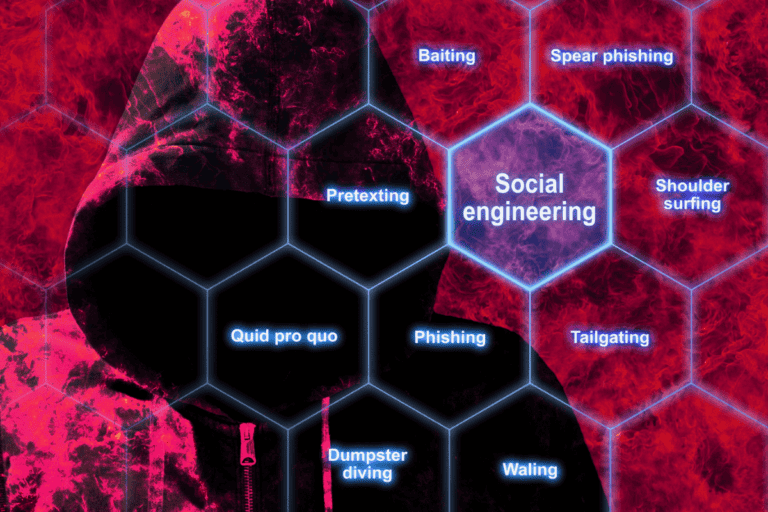Practical Time Management Skills
In today's fast-paced and demanding work environment, the ability to manage time effectively is a crucial skill that can significantly impact one's productivity and overall success. From meeting deadlines to maintaining a healthy work-life balance, practical time management skills are essential for professionals at all levels.
The key lies in not just managing time, but managing it wisely. By employing proven techniques and strategies, individuals can enhance their efficiency and achieve more in less time.
But how exactly can one develop and implement these practical time management skills to navigate the complexities of modern life and work?
Key Takeaways
- Effective planning maximizes productivity and reduces stress.
- Task prioritization and organization are crucial for maximizing productivity.
- Eliminating time wasters and distractions leads to greater productivity.
- Utilizing effective scheduling techniques optimizes time management.
Importance of Time Management
Understanding the importance of time management is crucial for individuals and organizations to achieve their goals effectively and efficiently. Effective planning is at the core of time management, as it allows for the allocation of resources in a way that maximizes productivity. By utilizing productivity techniques, individuals and organizations can ensure that their time is utilized in the most efficient manner possible. This not only leads to higher levels of productivity but also reduces stress and the likelihood of burnout.
Effective planning involves setting clear, achievable goals and breaking them down into manageable tasks. This allows for a structured approach to work, where each task contributes to the overall objective. Productivity techniques such as the Pomodoro Technique, time blocking, and prioritization further enhance the effectiveness of time management. These techniques enable individuals to focus on specific tasks, minimize distractions, and make the most of their time.
Setting Clear Goals
To effectively manage time, setting clear and achievable goals is essential to provide a clear direction and purpose for one's efforts. Goal setting involves defining specific, measurable, achievable, relevant, and time-bound (SMART) objectives.
It is important to establish both short-term and long-term goals, as they provide a roadmap for personal and professional advancement. By outlining clear objectives, individuals can prioritize tasks, allocate time efficiently, and maintain focus on the most important activities.
Moreover, setting clear goals facilitates effective time tracking, as it allows individuals to assess their progress and make necessary adjustments to their schedules. Time tracking involves monitoring the time spent on various activities to ensure that it aligns with the set goals. This practice enables individuals to identify time-wasting activities, optimize their productivity, and make informed decisions about time allocation.
Ultimately, goal setting and time tracking work hand in hand to enhance time management skills, increase productivity, and foster a sense of accomplishment.
Prioritizing Tasks Effectively

Prioritizing tasks effectively is crucial for maximizing productivity and achieving desired outcomes in both personal and professional settings. Task organization plays a critical role in this process.
Start by listing all tasks at hand, then categorize them based on urgency and importance. This allows for a clear understanding of what needs immediate attention versus what can be scheduled for later.
Once tasks are organized, time allocation becomes the next focus. Consider how much time each task requires and when you are most productive during the day. Allocate time slots accordingly, ensuring that high-priority tasks are tackled during peak productivity hours.
Additionally, it's important to be flexible and open to adjustments as new tasks arise or priorities shift. As you progress, regularly reassess the task list and make necessary adjustments to maintain an effective prioritization strategy.
Eliminating Time Wasters
In the quest for optimal time management, identifying and eliminating time wasters is essential for enhancing productivity and efficiency in both personal and professional endeavors. To achieve this, individuals can take the following steps:
- Identifying Distractions: Begin by recognizing common distractions that often lead to time wastage. These may include excessive social media use, frequent email checking, or unnecessary multitasking. By pinpointing these distractions, individuals can take proactive measures to minimize their impact on productivity.
- Time Tracking Techniques: Utilize time tracking tools or techniques to gain a clear understanding of how time is being utilized. This can help in identifying patterns of inefficiency and areas where time is being wasted. By analyzing this data, individuals can make informed decisions about where to make adjustments and improvements.
- Setting Boundaries: Establish clear boundaries and guidelines for personal and professional time. This may involve setting specific time slots for tasks, minimizing interruptions during focused work periods, and learning to say no to non-essential commitments.
- Regular Evaluation: Periodically assess time management strategies and identify any recurring time wasters. This ongoing evaluation enables individuals to adapt and refine their approach to time management, ultimately leading to greater productivity and efficiency.
Effective Scheduling Techniques

After identifying and eliminating time wasters, the next crucial step in optimizing time management is mastering effective scheduling techniques.
Time blocking is a powerful productivity hack that involves dedicating specific time slots to particular tasks or activities. By doing so, individuals can minimize distractions and maintain focus on the task at hand.
Another essential practice is conducting a time audit to analyze how time is being allocated and identify areas for improvement. This can help in prioritizing tasks and making more efficient use of time.
Utilizing scheduling tools such as digital calendars, task management apps, and project management software can streamline the scheduling process and ensure that commitments and deadlines are organized and accessible.
Additionally, employing productivity hacks like setting time limits for tasks, batching similar activities together, and leveraging technology for automation can further enhance scheduling effectiveness.
Maintaining Work-Life Balance
To achieve optimal well-being and performance, individuals must carefully balance their professional responsibilities with personal and leisure activities. This can be achieved through the following strategies:
- Establishing Boundaries: Setting clear boundaries between work and personal life is essential. This may involve defining specific work hours and sticking to them, as well as creating designated spaces for work and leisure activities within the home.
- Open Communication: Communicating openly with employers, colleagues, and family members about expectations and needs is crucial. This can help manage work demands and ensure that personal time is respected.
- Time for Self-Care: Incorporating stress management techniques such as meditation, exercise, or hobbies into daily routines can help individuals recharge and maintain a healthy work-life balance.
- Setting Realistic Goals: Setting achievable professional and personal goals can contribute to a sense of accomplishment and fulfillment, reducing stress and promoting a balanced lifestyle.
Conclusion
In conclusion, it is essential to develop practical time management skills in order to achieve success in both professional and personal aspects of life.
By setting clear goals, prioritizing tasks effectively, eliminating time wasters, and utilizing effective scheduling techniques, individuals can maintain a healthy work-life balance.
As the old adage goes, 'Time is of the essence,' and by managing it effectively, one can maximize productivity and minimize stress.







